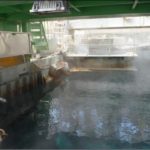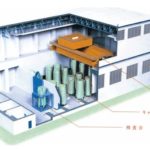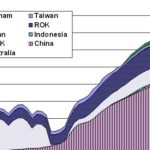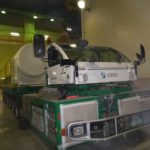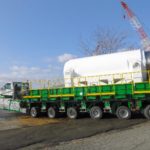
ISAO ITABASHI September 22, 2017 I. INTRODUCTION In this essay, Isao Itabashi concludes that while shortfalls in the new trustworthiness system are evident, some key improvements have been made since the Fukushima accident and that: “In the future the government must be in the lead to establish a more effective trustworthiness system by utilizing privacy […]



